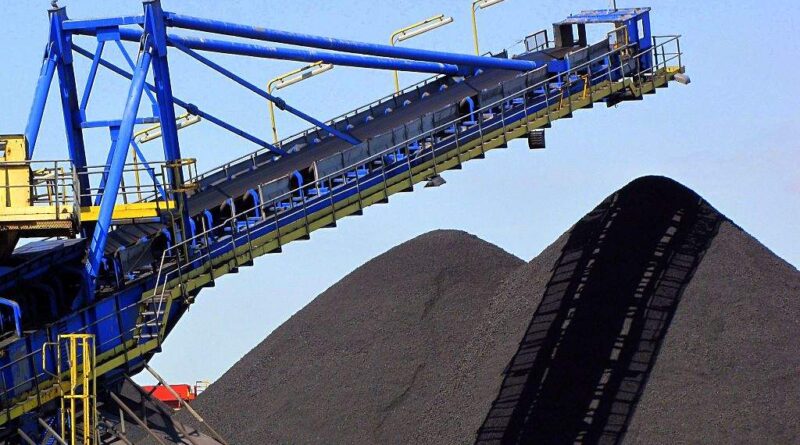Afrimat applies for business rescue of Nkomati
Afrimat has offered to acquire all the ordinary shares in Unicorn Capital Partners (UCP) not already held by Afrimat. UCP indirectly holds 60% of the issued shares of Nkomati Anthracite, which operates anthracite mine focused on both opencast and underground mining.
Nkomati’s debt levels are high, its liquidity is constrained and it continues to face operational uncertainty. These challenges were exacerbated by the shut down for the initial Covid-19 lockdown period followed by an extended illegal strike, both of which resulted in significant losses.
Following requests by UCP, Afrimat advanced working capital to Nkomati to assist with its ongoing cash flow constraints. Due to the Covid-19 national lockdown, which resulted in an additional loss of revenue Afrimat agreed to an extension for repayment of certain tranches which were due and repayable. Nkomati has, however, to date been unable to settle these loans.
Nkomati has requested an urgent additional cash injection of R20 million as it has exhausted all of its cash reserves. Afrimat is, however, unwilling to contribute any further funding to Nkomati on an unsecured basis.
Afrimat claims it has the interests of Nkomati’s employees and community at heart and wishes to keep Nkomati’s business operational. In order to achieve this whilst protecting the interest of Afrimat’s shareholders, the decision was made to place Nkomati under supervision and to commence business rescue proceedings at Nkomati.
BUSINESS RESCUE APPLICATION
Accordingly, Afrimat, as substantial creditor of Nkomati, has launched an application in the High Court of South Africa, Gauteng Local Division, Johannesburg, for an order, inter alia, placing Nkomati under supervision and commencing business rescue proceedings in terms of section 131 of the Companies Act, and appointing Daniel Terblanche as its business rescue practitioner.
Afrimat believes that placing Nkomati in business rescue, with the temporary supervision and management of its affairs, business and properties by the business rescue practitioner and the development of a business rescue plan, offers the best chance of avoiding a liquidation and allowing Nkomati to operate and do business on a solvent basis.
In order to facilitate this, Afrimat would be willing to provide post-commencement finance to
Nkomati, as and when needed for its operational requirements, with such finance enjoying preference, as to repayment, as contemplated in section 135 of the Companies Act.
Should the business rescue be successful and enable Nkomati to operate on a solvent basis, this would limit job losses, if any, among Nkomati’s roughly 160 employees and may result in the creation of additional employment in the surrounding community.
Should the business rescue fail to ensure Nkomati’s survival, it should nevertheless result in a better return for Nkomati’s creditors than would follow from Nkomati’s immediate liquidation.
Afrimat continues to believe that UCP’s operations, including those of Nkomati, fit the Company’s strategy and will provide it with access to additional services and commodities and expand its current product offering in the bulk commodities segment.




